Acne is a common problem for many individuals, and the medical community is still trying to figure out the causes. While diet, climate, stress, and hormones all play a role in acne development, it has been speculated that makeup may also be contributing to the problem. But what does science say about makeup causing acne? In this article, we’ll examine the evidence linking makeup to acne in order to better understand how it may be affecting skin health.
What is acne?
Acne is a common skin condition that affects people of all ages. It is characterized by the presence of pimples or blackheads on the skin. Acne can be caused by a number of factors, including hormones, bacteria, and sebum production. Makeup is not a direct cause of acne, but it can contribute to the development of pimples or blackheads if it clogs the pores.
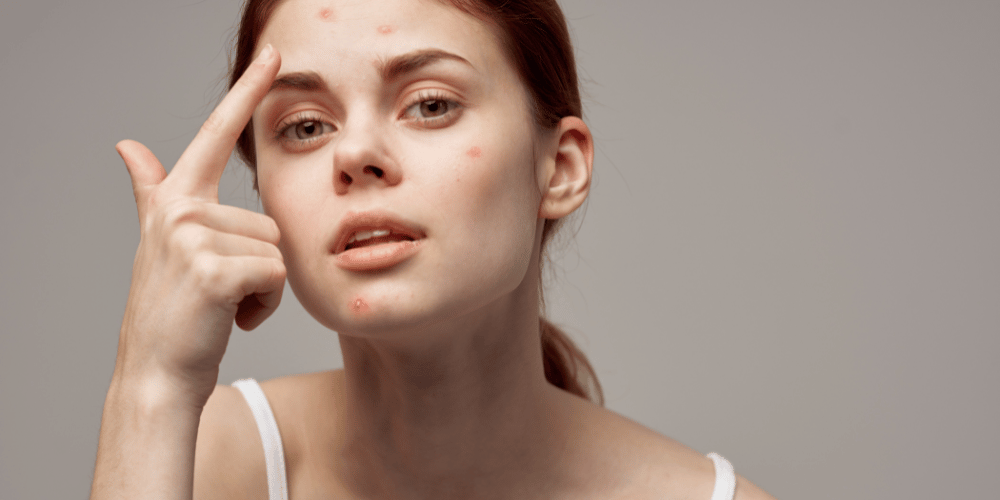
Does makeup cause acne?
There are a lot of myths out there about what causes acne. One common myth is that makeup can cause acne. There is no scientific evidence to support this claim. In fact, there are many factors that can contribute to the development of acne, such as genetics, hormones, and certain medications. However, if you are prone to developing acne, there are some steps you can take to help prevent breakouts, such as choosing non-comedogenic makeup products and cleansing your face regularly.
How to prevent acne
Acne is a common skin condition that can be caused by a variety of factors, including genetics, diet, hormones, and hygiene. While some people are more prone to developing acne than others, there are certain lifestyle choices that can help reduce your risk of breakouts.
One of the most important things you can do to prevent acne is to cleanse your skin regularly. This means washing your face with a gentle cleanser twice a day, being careful not to scrub too hard or irritate your skin. You should also avoid touching your face throughout the day, as this can transfer oil and bacteria from your hands to your complexion.
In addition to cleansing, it’s important to exfoliate your skin on a regular basis. This will help remove dead skin cells that can clog pores and lead to breakouts. There are a variety of exfoliating products on the market, so find one that works for your skin type and use it 2-3 times per week.
Finally, be sure to use sunscreen every day, even if you don’t plan on spending time in the sun. UV rays can contribute to acne breakouts, so protecting your skin with SPF will help keep your complexion looking clear. Look for a sunscreen with at least SPF 30 that provides broad-spectrum coverage.
The Relationship Between Makeup and Acne
There are a lot of myths out there about the relationship between makeup and acne. Some people believe that wearing makeup can cause acne, while others think that it can help to clear up acne. So, what is the truth?
There is no definitive answer, as the effects of makeup on acne vary from person to person. However, there are some general things to keep in mind. First of all, it’s important to choose makeup products that are non-comedogenic, meaning they won’t clog your pores. Additionally, be sure to cleanse your face thoroughly both before and after applying makeup, and avoid touching your face during the day (which can transfer bacteria and oil from your hands onto your skin).
If you use these tips and still find that makeup is causing you to break out, you may want to try switching to a mineral-based foundation or powder instead of a liquid one. You may also want to try using less foundation overall, or just skipping it altogether and sticking with concealer if you need it. Experimenting with different products and techniques until you find what works for you is the best way to figure out how to manage your acne while still being able to enjoy wearing makeup!
The Different Types of Acne
There are different types of acne that can be caused by makeup. The most common type is called comedonal acne, which is caused by the blockage of pores by makeup. This type of acne is usually not serious and can be treated with over-the-counter acne medications.
Another type of acne that can be caused by makeup is inflammatory acne. This type of acne is more serious and can be characterised by red, swollen pimples. Inflammatory acne can be treated with prescription medications from a dermatologist.
Finally, there is cystic acne, which is the most severe form of acne. Cystic acne is characterised by large, painful pimples that are deep within the skin. This type of acne cannot be treated with over-the-counter medications and requires treatment from a dermatologist.
How to Treat Acne
Acne is a common skin condition that can be caused by a number of factors, including hormones, genetics, and hygiene. While there is no single cure for acne, there are a number of effective treatments available.
One of the most common treatments for acne is topical medication. Topical medications can be in the form of creams, gels, or lotions and are applied directly to the skin. These medications work by reducing inflammation and killing bacteria. They are typically used once or twice daily.
Another popular treatment for acne is oral medication. Oral medications work by reducing inflammation and helping to prevent new breakouts. They are typically taken once or twice daily.
In some cases, more aggressive treatments may be necessary. These include isotretinoin (a prescription medication) and laser therapy. isotretinoin is a powerful medication that can help to clear even the most stubborn cases of acne. However, it can have serious side effects and should only be used as a last resort. Laser therapy involves using beams of light to destroy bacteria and reduce inflammation. It is typically done in a series of treatments over several weeks or months.
Finally, lifestyle changes can also help to reduce acne. Eating a healthy diet, getting plenty of rest, and avoiding touching or picking at the skin can all help to keep breakouts under control. It is also important to practice good hygiene and follow a regular skin care routine.
The link between makeup and acne
There is no definitive answer to whether or not makeup causes acne. However, there are some possible links between the two. For example, if you have sensitive skin, you may be more likely to experience breakouts after using certain makeup products. Additionally, if you don’t clean your brushes regularly or if you use expired makeup, this could also lead to clogged pores and breakouts.
That being said, not all people who wear makeup will experience breakouts. In fact, many people find that their skin looks better when they use foundation or concealer to even out their complexion. So ultimately, it comes down to finding what works for you and your skin type.
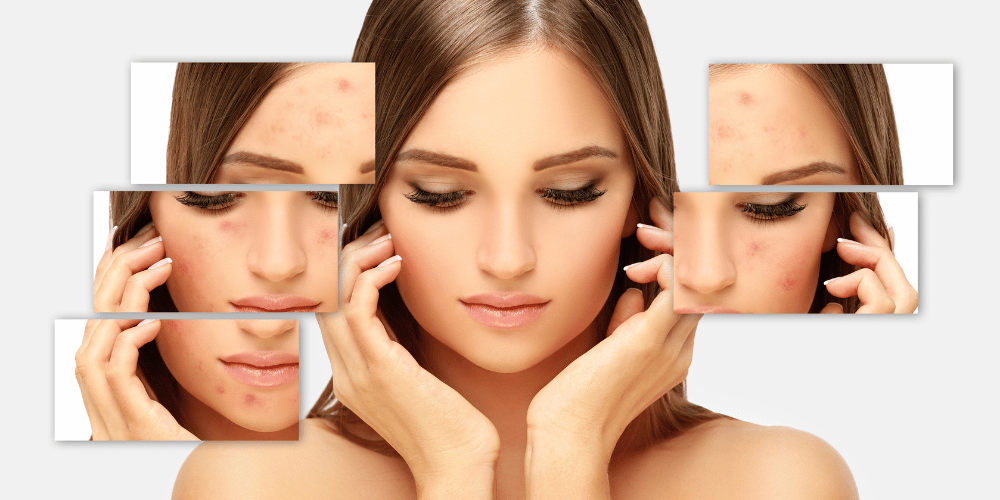
What ingredients in makeup can cause acne?
There are a few different ingredients in makeup that can cause acne. One of the most common culprits is talc. Talc is a very fine powder that is often used in makeup as a absorbent. It can also be found in some skin care products. Talc can clog pores and lead to breakouts.
Another ingredient that can cause acne is lanolin. Lanolin is a type of oil that is derived from sheep wool. It is often used as an emollient or moisturizer in cosmetics and skin care products. Lanolin can clog pores and lead to breakouts, especially for people who are already prone to acne.
Finally, fragrance is another ingredient that can cause acne. Fragrance is often used in makeup and other cosmetics to give them a pleasant smell. However, some fragrances can irritate the skin and trigger breakouts. If you have sensitive skin or are prone to acne, it’s best to avoid products with strong fragrances.
How to avoid acne when wearing makeup
Acne is a common skin condition that can be caused by a number of different factors, including genetics, hormones, and diet. While some people are more prone to developing acne than others, there are certain lifestyle choices that can increase your chances of developing the condition. One such choice is wearing makeup.
While it’s true that makeup can clog pores and lead to breakouts, there are ways to avoid this problem. First, make sure you’re using non-comedogenic products that won’t clog your pores. Second, be sure to clean your face thoroughly both before and after applying makeup. And finally, don’t forget to remove your makeup at the end of the day! By following these simple tips, you can help keep your skin clear and healthy.
Conclusion
To conclude, the relationship between makeup and acne is complicated. While some people may be more prone to developing acne due to certain ingredients in their makeup, there are also ways to reduce your risk of breakouts by using oil-free, noncomedogenic products that won’t clog your pores. Additionally, it’s important to maintain a proper skin care routine and keep your face clean and free of dirt or sweat. Makeup can be used safely as long as you take precautions when shopping for cosmetics and washing off at the end of each day.

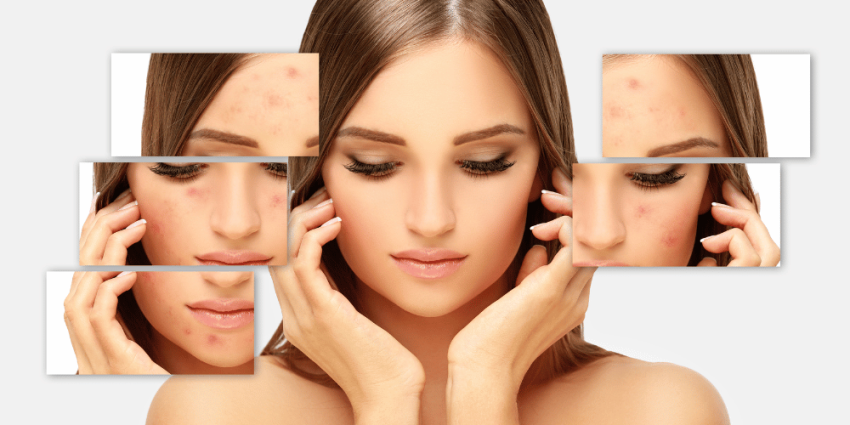


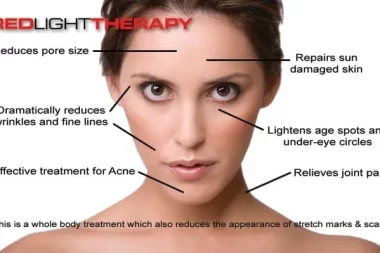
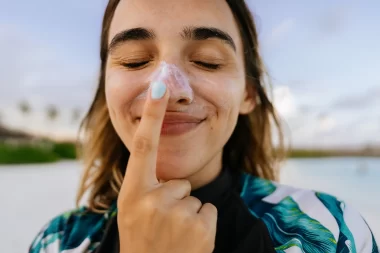
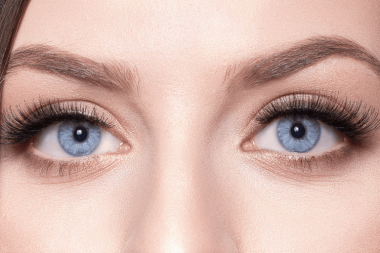

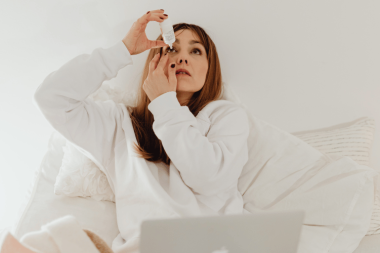
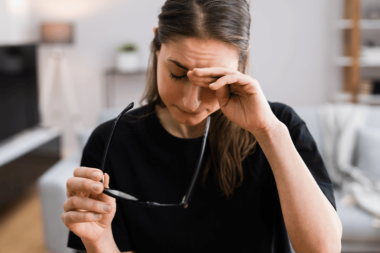
Leave a Reply